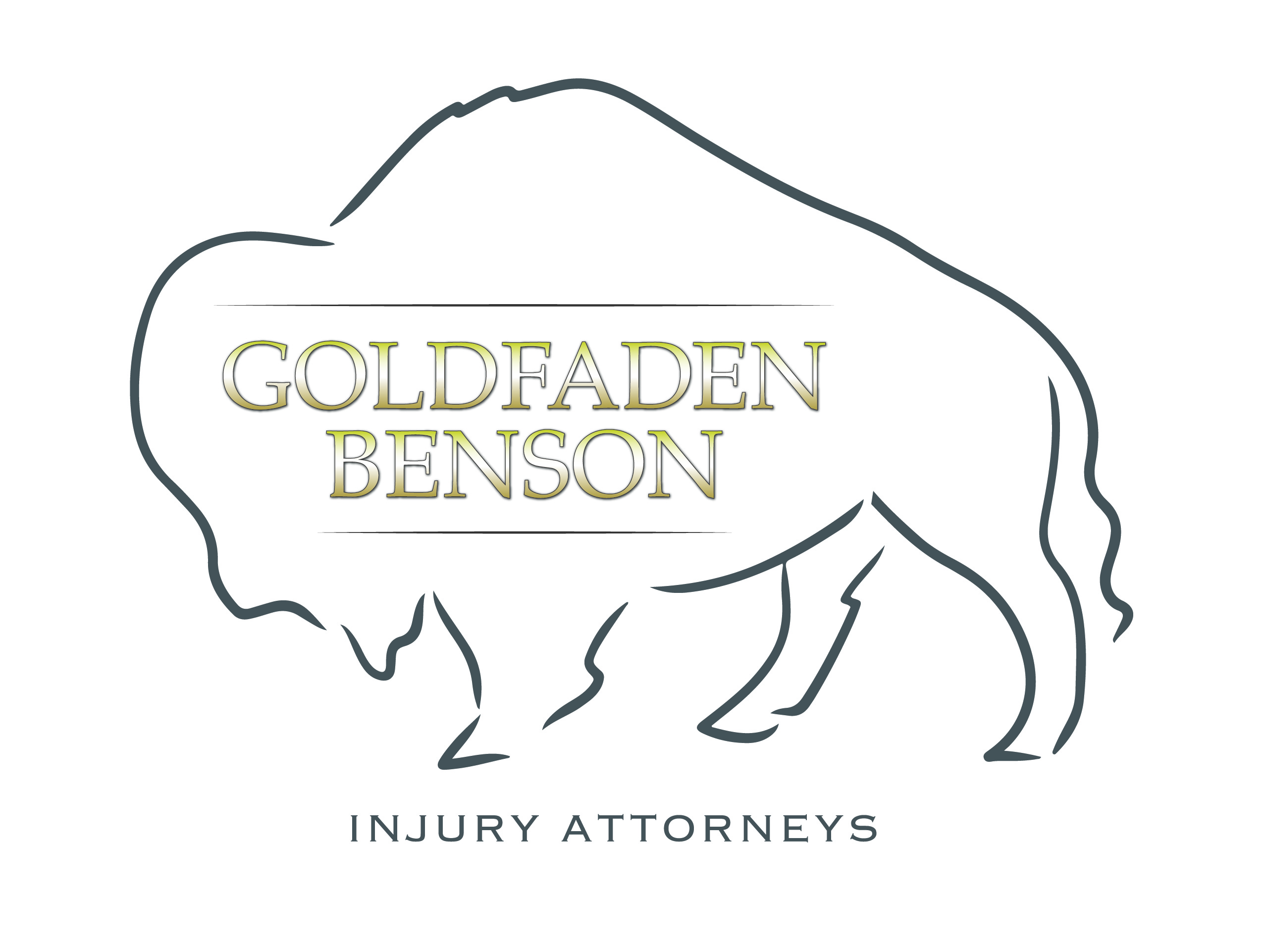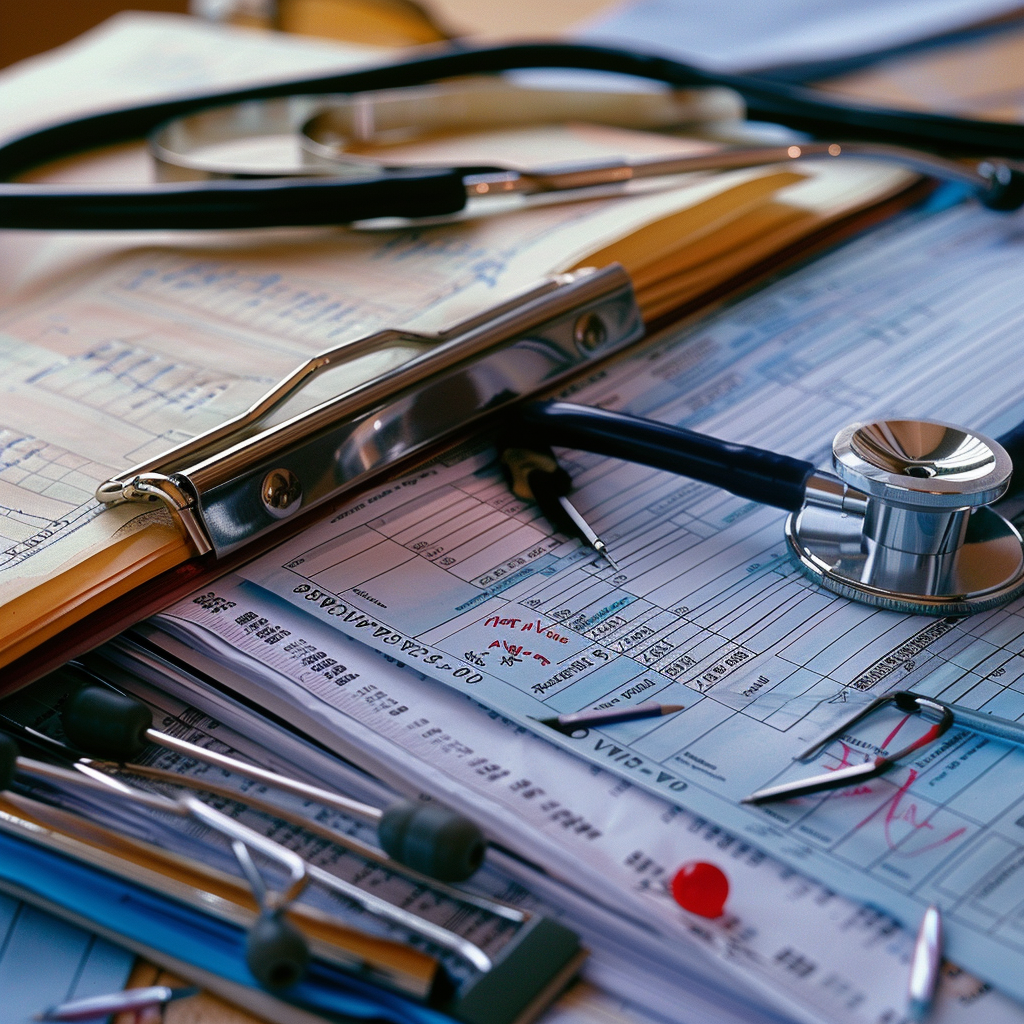The Role of Medical Records in Personal Injury Claims
Personal injury cases are often complex, requiring ample evidence to prove fault and secure the compensation you deserve. One critical piece of evidence that can significantly strengthen your claim is your medical records. But why are these documents so vital, and how can they help your case?
The Importance of Medical Records in Personal Injury Claims
Your medical records play a crucial role in personal injury lawsuits. They provide objective evidence of your injuries, the treatment you received, and the subsequent costs. These documents can corroborate your account of the incident, serve to validate your injuries, and help substantiate your claim for damages.
Medical Records & Personal Injury: A Vital Connection
Linking your injuries directly to the incident in question is a vital step in any personal injury claim. Your medical records can provide this connection, documenting the state of your health before and after the incident. But remember, it's not just about the injuries themselves. Your medical records also chronicle any necessary treatments or therapies, demonstratively connecting the incident to ongoing expenses.
It's important to note that while your medical records help prove the damages you've suffered, they alone may not be enough to build a strong case. You may need other forms of evidence, such as eyewitness testimony, to establish the at-fault party's negligence. Our personal injury law attorneys can guide you on strengthening your claim further.
Navigating the Complexities
Although obtaining your medical records should be a straightforward process, it can often turn into a complex and time-consuming endeavor. Misfiled records, uncooperative healthcare providers, or simply the vast amount of paperwork can make the task daunting.
Additionally, interpreting medical jargon and understanding the significance of certain details can be challenging for the untrained eye. Legal professionals are well-versed in interpreting these documents and can highlight the pertinent information to further your claim.
From Treatment to Trial: How Your Medical Records Are Used
Your attorney will use your medical records to support your claim's validity in several ways, such as demonstrating the severity and duration of your injuries, proving pain and suffering, and justifying future medical expenses.
The Risks of Incomplete Medical Records
Incomplete or inaccurate medical records can undermine your claim. It's crucial to ensure your medical records reflect your injuries accurately and completely. If there are discrepancies, it may lead to questions about the legitimacy of your claim. If your healthcare provider has made an error in your records, it's important to have it addressed as soon as possible.
Conclusion
In personal injury litigation, medical records serve as objective evidence of your injury and the resulting costs. They offer a reliable foundation for your claim, allowing you to demonstrate the extent of your damages and the need for appropriate compensation. If you believe you have a personal injury claim, don't hesitate to contact Goldfaden Benson for an evaluation of your case.
FAQs
1. What should I do if my medical records are missing important information?
It's imperative to have complete and accurate medical records for your personal injury claim. If you find missing or incorrect information, contact your healthcare provider immediately and request a correction.
2. How can I obtain my medical records?
You can request your records directly from your healthcare provider. They are obligated to provide them to you, but there may be a small fee.
3. How far back should I collect medical records for my personal injury claim?
Generally, you should collect records from the moment you first sought treatment after the incident, including any relevant prior medical history.
4. Can I make a personal injury claim without medical records?
While you can technically make a claim without medical records, they significantly strengthen your case. Without them, it will be difficult to prove the extent of your injuries and your need for compensation.
5. Can I interpret my medical records on my own?
While you can review your medical records, it's recommended to have a legal professional interpret them. They can detect critical details that may strengthen your claim.
Remember, your medical records can play a key role in winning your personal injury claim. If you've suffered an injury due to another's negligence, reach out to Goldfaden Benson to discuss your legal options. We're here to help you navigate the complexities of your case and secure the compensation you deserve.







